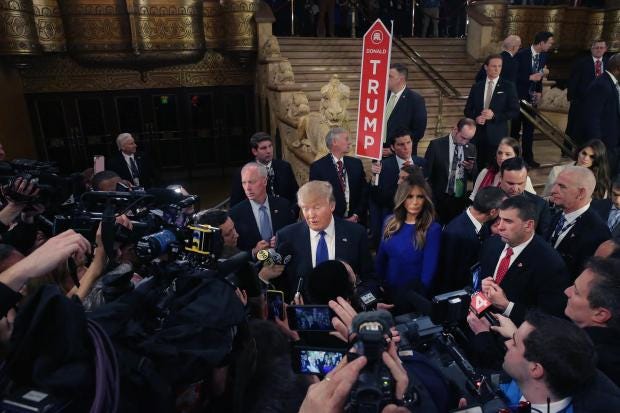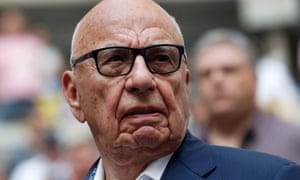
This article talks about the Greater Manchester Police being accused of "commiting trial by social media" , the police's traffic unit used their Twitter to post a crashed Ferrari, after the driver crashed on Sunday, with comments suggesting the driver had been speeding and taking drugs. With the post the caption red "Driver said he was only doing 52 in a 50mph area. Thoughts?" and the follow up tweet read : "Well the driver has just tested positive for Cannabis, so that’s probably played a part."
- But the posts sparked a backlash from fellow motorists who accused the police of publicly condemning the driver without evidence.
- "Isn’t it up to you to decide? Would you post this comment if it was a Ford Focus? Next time ask ‘this chap says he didn’t break in, looks like a burglar to us...what do you think?’" - Twitter post comment
- "The presumption of innocence is clearly not very high on the police's list of priorities.
- “The public have no right to know any of this information. They may be interested in it, but it is not in the public interest. This would appear to be trial by social media and it is disgraceful."- Nick Freeman, solicitor who specialised in representing celebrity clients
For this, I think social media is a form of hyper reality (Bauldriard) , where people can construct their own images and ideas suited to their audiences showing an example of hyper reality in the digital age. From the problem wit the Manchester police is that the footage may possibly not provide all perspectives thus making the audience unable to distinguish the truth over false images, which is where the people would find the problem.
Also, the idea that this maybe a Pluralist idea showing an empowerment of audiences can be seen here, as the high institution, Police, tried to feed into a known idea when it comes to car crashes and sell it off to their audiences (38,000 followers) by asking for their opinion of it but because it came with backlash.
Pluralists believe that audiences are perceived as capable of manipulating the media and having access to 'plural views of society' enabling them to 'conform, accommodate or reject' - they believe that audience are able to challenge the news, which tis audiences did when asked by the "elite" about the laws and empowered as they are able to find their own opinion in their liees.






